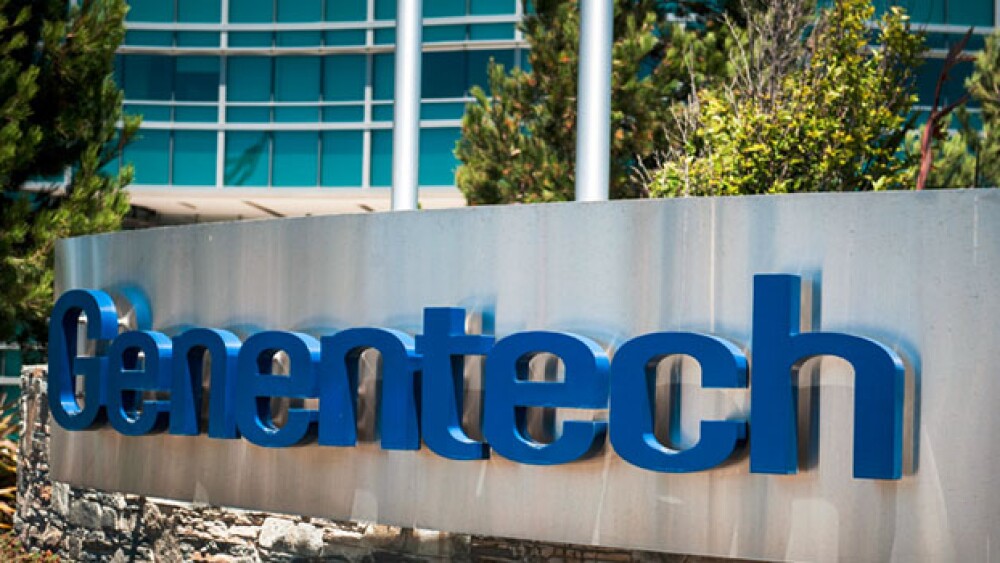Genentech, has terminated its research program with Ames, Iowa-based NewLink Genetics.
Following a series of industry failures with IDO inhibitors, Genentech, a Roche company, has terminated its research program with Ames, Iowa-based NewLink Genetics.
The two companies formed a research collaboration to investigate IDO inhibitors in 2014. The original deal had an upfront payment of $150 million and with milestones, could have hit over $1 billion. However, recent failures by a number of companies’ IDO inhibitor programs have cast doubt on the IDO and TDO pathway as ways of fighting cancer and boosting immuno-oncology approaches.
In June 2017, Genentech returned the rights to NewLink’s IDO inhibitor navoximod (GDC-0919), although they indicated they would continue to collaborate on the next generation IDO/TDO (tryptophan 2,3-dioxygenase) inhibitors.
On April 6, 2018, Incyte and Merck announced that their own IDO1 inhibitor, epacadostat, which was being evaluated in combination with Merck’s Keytruda in unresectable or metastatic melanoma, failed in a Phase III trial. And then on May 2, Bristol-Myers Squibb dropped two Phase III clinical trials of the IDO1 inhibitor it acquired when it bought Flexus Biosciences for $1.25 billion in 2015. Bristol-Myers was evaluating BMS-86205 and its checkpoint inhibitor Opdivo in patients with non-small cell lung cancer or head and neck cancer.
NewLink has two drugs in its pipeline, IDO inhibitor indoximod and a variant of indoximod. But after the Merck-Incyte failure, the company indicated it planned to reevaluate its programs and end its Phase III trial of indoximod and a PD-1 inhibitor.
Charles Link, NewLink’s chief executive officer, said in the company’s May 3 earnings call, “We believe that indoximod influences the IDO pathway so differently from direct enzymatic inhibitors, that it ought to be assessed separately. Accordingly, we announced a detailed review of our clinical programs to validate indoximod at lower cost and within our financial horizon.”
Which sounds a lot like, “Back to the drawing board,” or perhaps, “It’s time to go back to more fundamental work on the IDO pathway.”
Derek Lowe, recently writing for his “In the Pipeline” blog for Science Translational Medicine, referring to the Incyte trial failure, noted, “One of the biggest things going in immuno-oncology is the combination of the existing agents (PD pathway drugs) with other mechanisms to potentiate their effects and move them into new areas. This trial shows that we don’t know as much about how to do that as we thought we did. So, although the IDO-based trials are now very uncertain, this news throws uncertainty around the entire field, whether it goes through that mechanism or not.”
NewLink is clearly being battered by this setback. In 2016, its pancreatic cancer vaccine failed a Phase III clinical trial. At that point, it shifted away from its HyperAcute cancer vaccine platform to focus on the IDO inhibitor program.
The latest SEC filing stated, “Upon termination of the Genentech Agreement in its entirety, the Company’s rights in such next generation compounds will revert to the Company, and Genentech will grant to the Company an exclusive, worldwide, royalty-bearing, sublicensable license, under certain Genentech intellectual property, to research, develop, manufacture and commercialize such next generation compounds, and the Company will be required to pay a low single-digit royalty to Genentech on any sales of next generation compounds, should the Company proceed to develop and commercialize them.”





